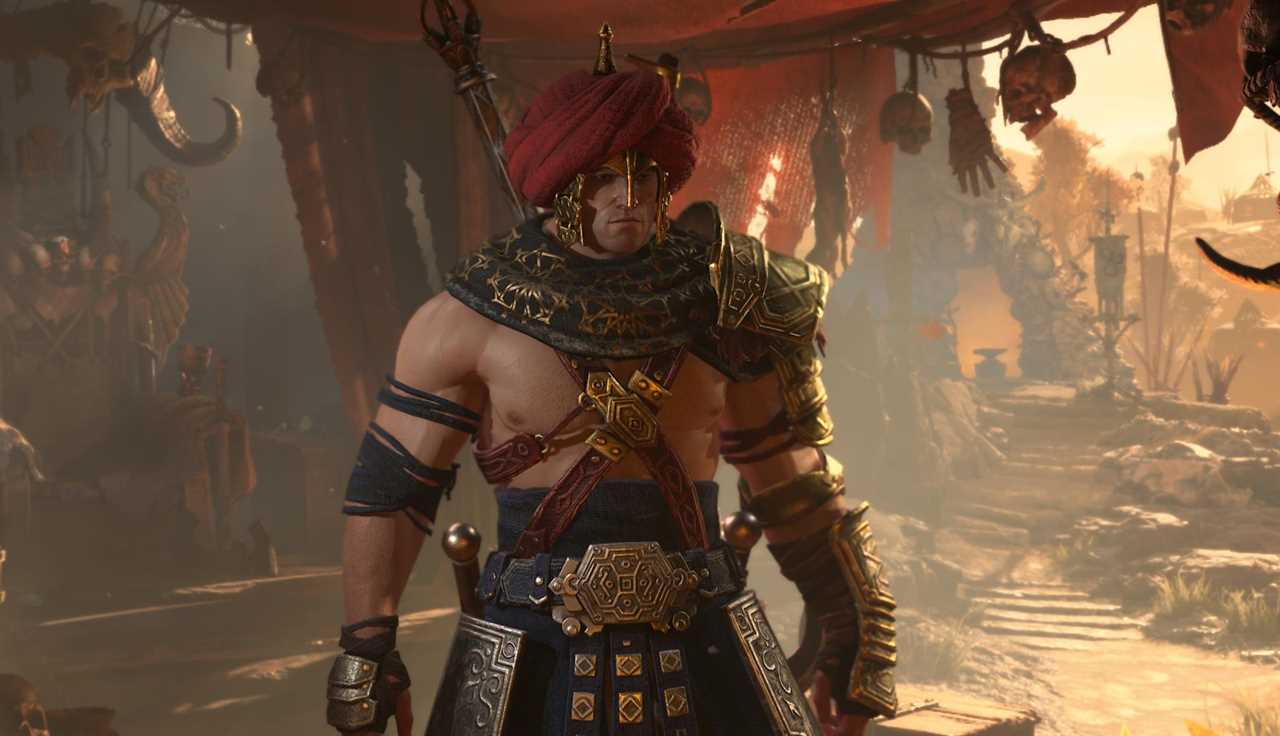DIABLO 4 has just been released to almost universal praise from fans and critics alike.
In our Diablo 4 review we talked about how it has the best combat and boss fights the series has ever seen.

You won’t find flashy armour like this for free.
The story is compelling, it has a deep and well-written antagonist in Lilith, and the classes synergise well together.
Despite all of the things that Diablo does well, there is one thing that is so terrible it should stop you from purchasing it.
And it’s not because of what it does to Diablo as much as what it could do for games in the future.
It all starts in 2006, when Elder Scrolls: Oblivion sold its first set of DLC for around $2.50 (£2).
The only thing this DLC allowed players to do was apply horse armour to your steed, and it was quite rightfully met with ridicule.
However, despite people calling out the blatant cash grab, it worked.
There were plenty of willing buyers to this very easy to implement cosmetic, which we should remember, will forever remain inside Oblivion.
This was the start of microtransactions in full-price games.
We’re not talking about cosmetics in free-to-play games like Fortnite or Overwatch, but games that you have already spent £70 ($70) on.
Or in many cases much more than this. Diablo 4 forced hardcore fans to pay out £90 ($90) for the Deluxe Edition, by starting a competition when deluxe early access began.
Oblivion’s horse armour feels both cheap and harmless by today’s standards, but this is what opened the door for in-game monetisation for full-price games.
Diablo 4’s microtransactions are some of the worst gaming has ever seen, and if they succeed it’ll only get worse.
It’s not just the ridiculous pricing, though today’s horse armour costs roughly 10 times that of Oblivion’s.
There is something dark in the way things are coded and priced.
Cosmetics are bought with Platinum, an in-game currency that is only purchasable with real money.
This not only helps disguise the true price of these items, but also means that players are more likely to overspend.
Platinum can only be bought in bundles, and these bundles rarely line up exactly with the price of a cosmetic.
Not only is the way the store works insidious but the way the game encourages you to make purchases.
Diablo 4 is always online, and you are forced to play with others and see them out in the world.
Even if you are playing through the story by yourself, you can’t get away from seeing others in Sanctuary.
All of the armour you can pick up in game has very little variation in look. While the numbers might go up, your drip doesn’t.
The mix of removing cosmetics you can earn in-game, and making your character visible to everyone increases the peer pressure to make a purchase for real money.
This is of course on top of the £90 you already paid to play the game in the first place.
While purchasing one armour set won’t be giving Blizzard all that much money, it sends the message that if companies use these dark methods, then players are willing to cough up.
The more people these practices work on, and the more successful games they appear in, the more games they will appear in.
When Sonic Origins thought it was okay to lock the main menu and the cutscenes behind microtransactions, it was a small glimpse into how far companies will go to make a profit.
At some point, us players have to take a stand so dramatically that such basic inclusions aren’t paywalled ever again.
Written by Georgina Young on behalf of GLHF.






